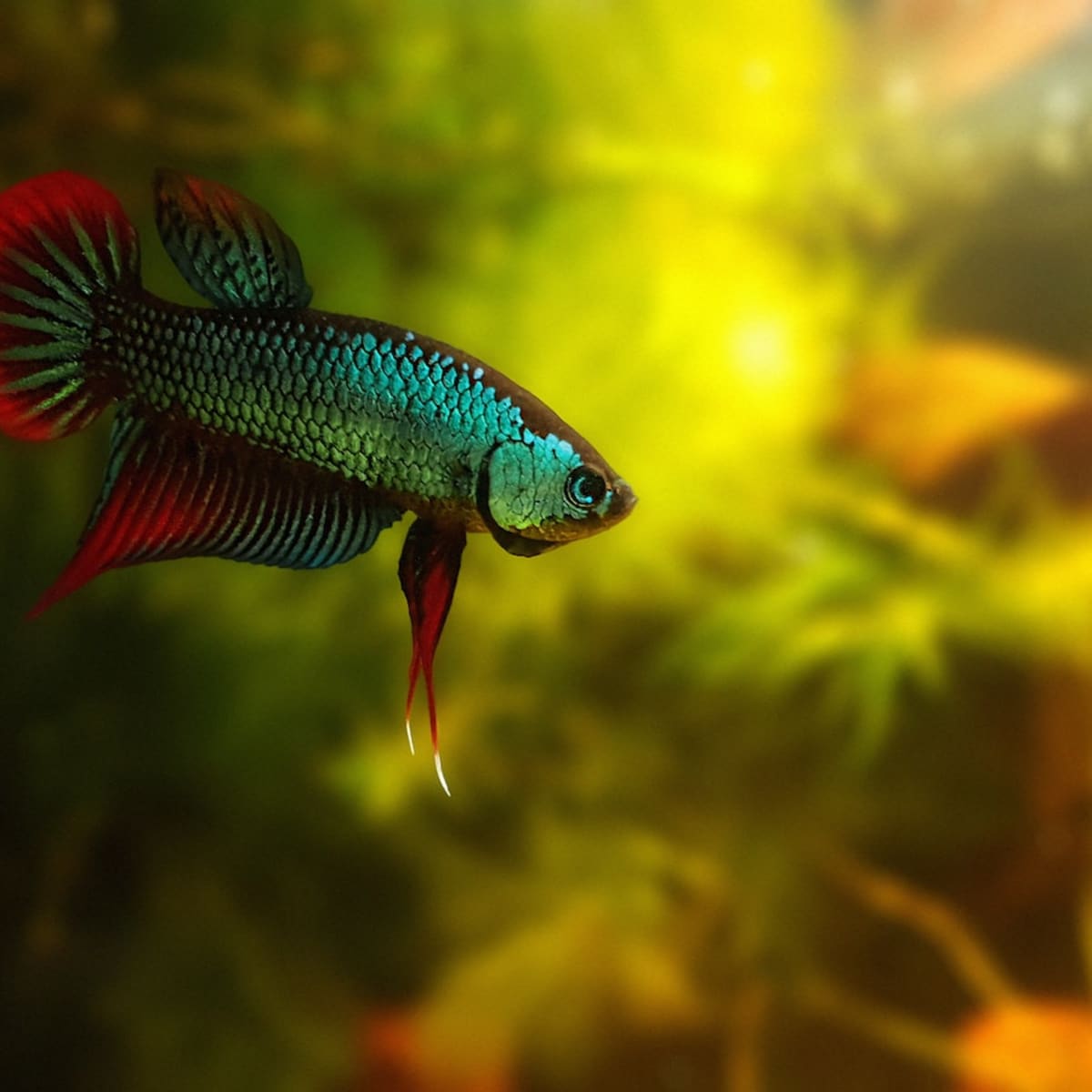How Do You Know When A Betta Fish Is Going To Die: Signs To Watch For
10 Ways To Tell If A Betta Fish Is Dying – Betta Fish Informational Video
Keywords searched by users: How do you know when a betta fish is going to die betta fish dying slowly, betta fish vertical death hang, how to comfort a dying betta fish, how to tell if a betta fish is dying of old age, how to tell if your betta fish is unhappy, why did my betta fish die in a week, betta fish died overnight, is my betta fish dead or sleeping
How Can You Tell When A Betta Fish Is Dying?
“How to Determine if Your Betta Fish is in Decline”
Identifying when a betta fish is in distress or nearing the end of its life is crucial for responsible pet care. Betta fish are susceptible to various health issues, and recognizing signs of decline can help you take appropriate action. While it’s important to note that many illnesses in betta fish can be fatal, there are specific indicators to look for:
-
Lethargy: If your betta fish appears lethargic and spends an extended period lying at the bottom of the tank, it might be a sign of trouble.
-
Upright Posture: On the other hand, if your betta remains upright and occasionally swims around, it’s likely just resting, which is a normal behavior.
-
Loss of Appetite: A decrease in appetite can be a sign of illness. If your betta fish is consistently refusing food, it may be in poor health.
-
Faded Colors: A loss of vibrant colors in your betta’s fins and body can be an indication of underlying health issues.
-
Difficulty Swimming: If your betta fish struggles to swim or displays erratic movements, it could be experiencing physical distress.
-
Frayed Fins: Torn or frayed fins may suggest problems with water quality or aggressive tankmates.
-
Gasping for Air: Excessive gasping at the water’s surface may indicate oxygen deprivation or other respiratory problems.
-
Unusual Spots or Growth: The appearance of unusual growths, lesions, or spots on your betta’s body should be examined by a vet.
-
Excessive Mucus: An overproduction of mucus can be a sign of stress or illness in betta fish.
-
Bulging Eyes or Swelling: Abnormal swelling, especially around the eyes, could be a sign of an underlying issue.
Remember that swift action and proper care can sometimes help ailing betta fish recover. Regularly monitor your betta’s behavior and health, maintain a clean and suitable tank environment, and consult with a veterinarian who specializes in fish care if you notice any concerning symptoms. Additionally, always ensure you provide your betta fish with the optimal conditions and nutrition to promote its overall well-being.
Is My Betta Fish Dead Or In Shock?
Are you unsure whether your betta fish is deceased or in a state of shock? To determine the condition of your betta, start by observing its breathing patterns. Most fish, including bettas, have gills that should be moving if they are breathing. However, it’s important to note that bettas and other labyrinth fish have a unique method of respiration—they breathe through their mouths. To assess their breathing, watch for subtle up and down movements of their bodies. If you notice these movements, your betta is likely alive, although possibly in a state of shock.
Can Overfeeding Cause Betta Fish To Die?
Betta fish are popular and captivating additions to aquariums, prized for their vibrant colors and engaging personalities. However, maintaining their health requires careful attention to their diet. Overfeeding can have detrimental consequences for these remarkable fish, potentially resulting in a range of health issues, including swim bladder disease and digestive problems. In severe cases, overfeeding can even lead to the untimely demise of your beloved betta fish. Therefore, it’s crucial to strike a balance when it comes to their nutrition. This information is relevant as of January 31, 2023.
Aggregate 6 How do you know when a betta fish is going to die








Categories: Share 47 How Do You Know When A Betta Fish Is Going To Die
See more here: c3.castu.org

You can tell if a betta fish is dying when its body color changes and fades, and it becomes lethargic, unresponsive, agitated, feeble, gasps for air, or stops eating. The symptoms of a dying fish vary depending on the ailment it’s afflicted with.Look for breathing.
Check the gills for most species. If they’re not moving, the fish isn’t breathing. Bettas and other labyrinth fish breathe through their mouths. If your fish is from this family, watch their bodies for up and down movements.Bettas are beautiful and fun aquarium fish to have as pets. But, it’s important to be mindful of how much you feed them. Overfeeding can lead to several health problems, such as swim bladder disease, digestive issues, and even death.
Learn more about the topic How do you know when a betta fish is going to die.
- 12 Common Betta Fish Behaviors Before Death
- 10 ways to tell if a betta fish is dying – YouTube
- 3 Ways to Tell if Your Fish Is Dead – wikiHow
- Overfed Betta Fish: The Signs, Symptoms, and Treatment
- 6 Ways to Tell if a Betta Fish Is Sick – wikiHow
- 6 Ways to Save a Dying Betta Fish – wikiHow
See more: c3.castu.org/category/fashion
